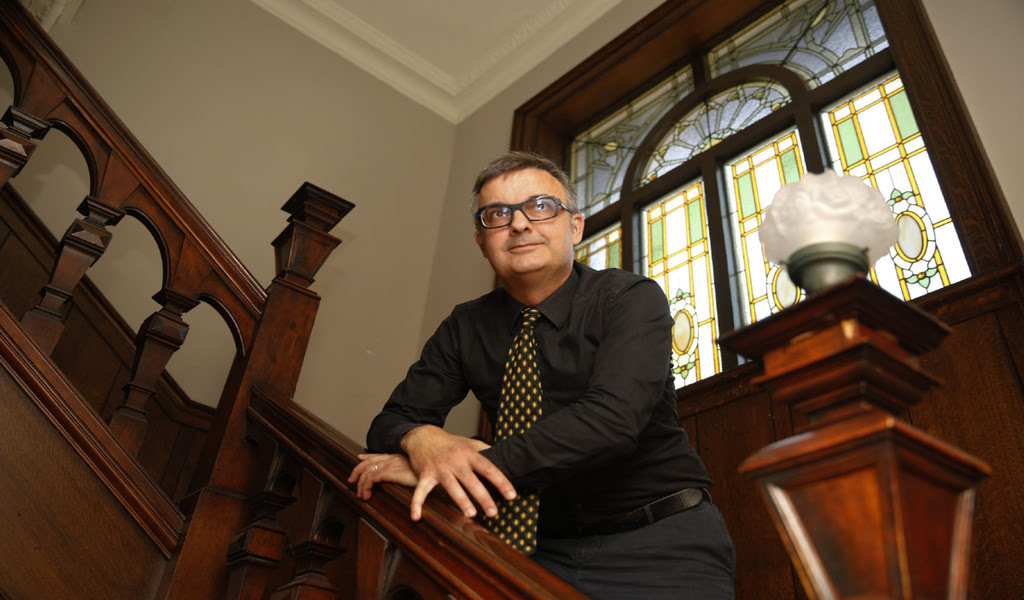(CTN NEWS) – Canada is on the verge of introducing assisted suicide for individuals with mental illness, in addition to the existing medical assistance in dying provision for those with incurable illnesses.
The recent ministerial update from the Trudeau government regarding the extension of the medical assistance in dying (MAID) law to encompass people with mental disorders was delivered with minimal attention and without much enthusiasm.
Lackluster Ministerial Update on Extending MAID Law to Include Mental Disorders Raises Concerns
The response from Liberal Justice Minister David Lametti and Liberal Health Minister Jean-Yves Duclos, the authors of the update, suggests that they are not fully supportive of Prime Minister Justin Trudeau’s decision to expand MAID eligibility to include individuals whose sole underlying condition is a mental disorder.
When the law was revised in 2020 following a ruling by the Quebec Superior Court that limiting assisted dying to individuals with a “reasonable foreseeability of a natural death” was unconstitutional, David Lametti openly opposed the extension of MAID to people with mental health issues.
His concern was based on the argument that it could potentially endanger the lives of individuals whose mental health might improve—an argument that Jean-Yves Duclos, a rational thinker, would likely concur with.
However, both ministers have now agreed to support a law that has been expanded to include mental illnesses, due to a last-minute change from the Senate, which is dominated by the Liberal party.
The Trudeau government’s official statement, however, appears to be carefully worded and lacks the conviction one might expect from its proponents.
Despite the apparent lack of enthusiasm among its supporters, Canada is set to initiate state-assisted euthanasia for individuals who do not meet the medical criteria for an incurable disease, starting from March of next year.
Parliament’s Extended Timeline for MAID Implementation Raises Questions, Government Shows No Signs of Reversal
A few months ago, Parliament granted itself an additional year to devise a plan for implementing the next phase of Medical Assistance in Dying (MAID).
In their response, Justice Minister David Lametti and Health Minister Jean-Yves Duclos provided a progress report on the steps being taken to standardize the evaluation of MAID eligibility.
There is currently no indication that the Trudeau government intends to change its course on this matter.
The joint committee on MAID will present its final proposal on extending euthanasia to individuals with mental health issues in the coming autumn.
However, skeptics should not expect much support from the committee, considering its apparent enthusiasm for broadening the eligibility criteria.
According to the National Post, Lametti and Duclos represent the best hope for ensuring that a request for medical assistance in dying does not automatically imply meeting the eligibility conditions.
Last April, Conservative MP Ed Fast introduced a private member’s bill to reverse the government’s decision to extend MAID to those with mental illnesses while retaining the original euthanasia provision for individuals with incurable diseases.
Fast argues that the government’s extension “encourages death as a ‘treatment option’ for individuals grappling with the challenges of mental illness.”
However, given the support of the Bloc Québécois and the New Democratic Party (NDP) for the government’s stance, Fast’s efforts are likely to be in vain.
In such a scenario, Lametti’s commitment to exercising “caution and prudence” during the MAID law reform process becomes crucial.
The response from Lametti and Duclos to the special committee’s report suggests that any future development of MAID will be approached with caution.
Canada Govert’s Response Ignores Committee’s Recommendations on MAID Expansion
The government’s response to the committee’s suggestions, outlined in its February report, leaves two key proposals unaddressed.
The first is the expansion of Medical Assistance in Dying (MAID) to include “mature minors,” and the second is making MAID available to individuals with degenerative diseases like Alzheimer’s who provide advance consent.
According to the committee, minors who possess the necessary decision-making capacity should be eligible for MAID, but for now, it should be limited to cases where death is reasonably foreseeable.
The government’s response, however, falls short, offering little more than empathy and a desire to better understand the perspectives of youth, including Indigenous youth, on the matter
. This reaction has been criticized by organizations like Dying with Dignity, which advocates for MAID to be accessible to adolescents as young as 12.
Lametti and Duclos expressed concerns about situations where individuals are unable to reaffirm their intention for MAID before it is administered.
While the initial euthanasia law garnered widespread support in Canada as a means of alleviating end-of-life suffering, the government acknowledges that expanding it to include individuals with mental illness, let alone going further, places it on precarious ground.
Scott Kim, a US bioethicist who spoke before a UK parliamentary committee investigating MAID, highlighted Canada’s combination of “very open eligibility” with a “very aggressive medical delivery system.”
In 2021 alone, an estimated 10,000 people in Canada will die from MAID.
The Ongoing Debate on “Incurability” for Individuals with Mental Health Issues
Trudo Lemmens, a bioethicist at the University of Toronto, previously supported Medical Assistance in Dying (MAID) but now views it as a form of “harm reduction.”
He sees the Canadian medical system adopting medically assisted death as a response when individuals lack sufficient access to social support and care.
Within medical circles, the definition of “incurability” for individuals with mental health issues remains a topic of intense debate.
As reported by Sharon Kirkey of Postmedia, a 68-year-old woman with severe depression, who had contemplated suicide for 15 years and twice sought MAID, experienced a complete transformation after being treated with ketamine—a medication used for pain and treatment-resistant depression.
Her depression vanished within two weeks.
Expert witnesses who testified before the special committee acknowledged that there is no medical data available to predict which individuals suffering from mental illnesses will recover.
Consequently, Canada will soon offer assisted suicide alongside the existing medical aid in dying for patients with chronic diseases.
It comes as no surprise that Lametti and Duclos feel uneasy about being the public faces of this new system of euthanasia.
RELATED CTN NEWS:
Crack Discovered In North Carolina Roller Coaster: Cracked Support Column And Repair Plans Revealed
FDA Grants Full Approval To Leqembi, The First Alzheimer’s Drug Shown To Slow Cognitive Decline






